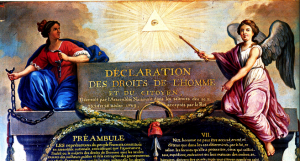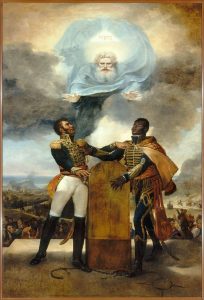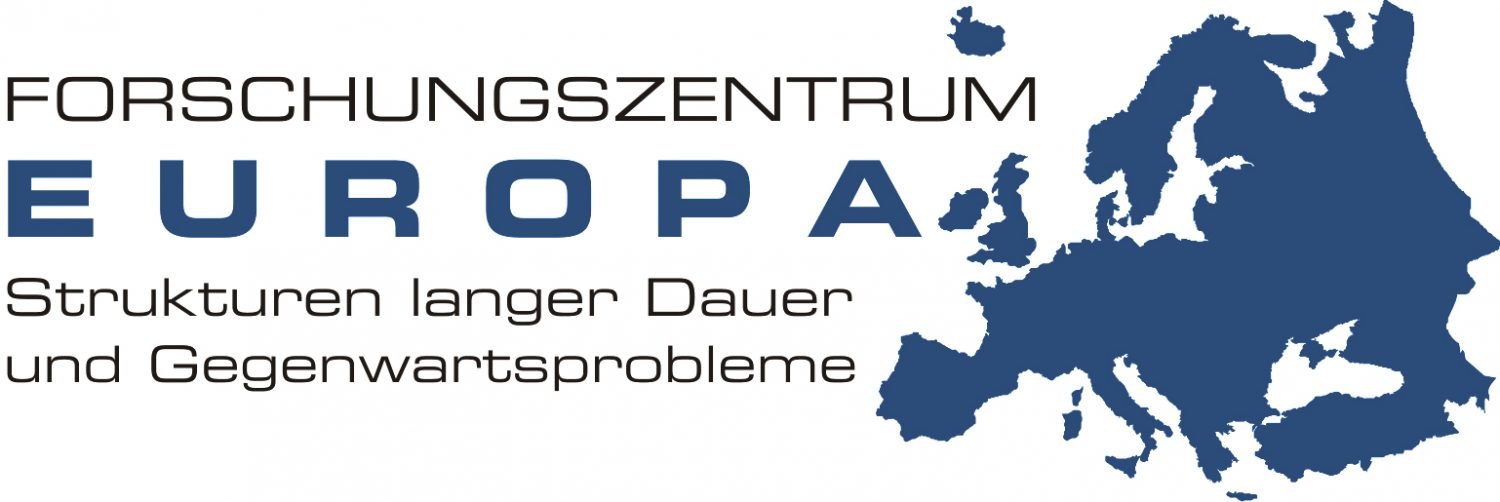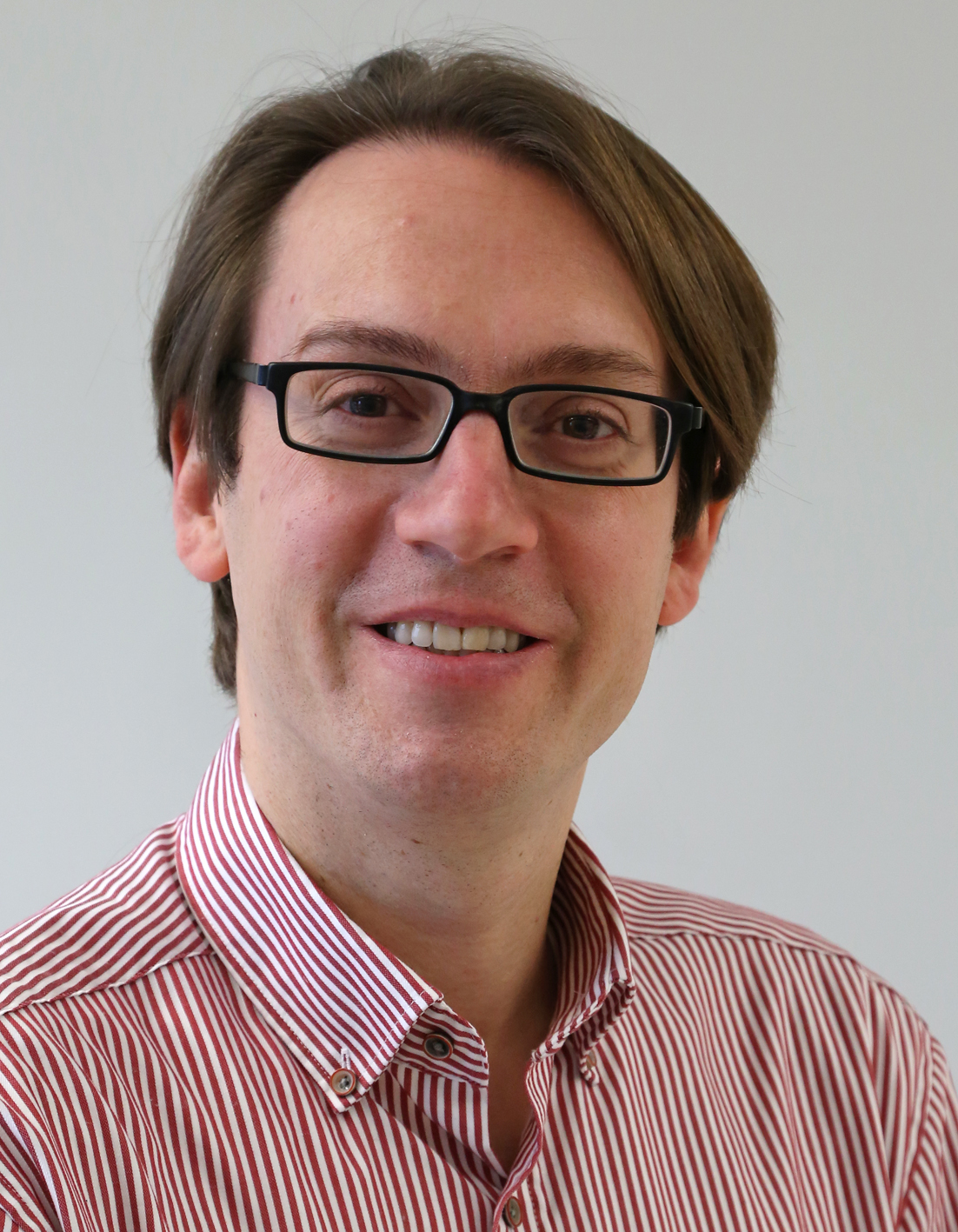
*****for the german version see here*****
Historiography has hitherto heavily relied on the secularization paradigm. According to such a paradigm, the importance of God and His institutional representatives increasingly waned during the Enlightenment and the Age of Revolutions, and thus politics and religion emerged as distinct domains of human action. However, several scholars from across disciplines have recently revised the secularization paradigm and questioned its underlying interpretation. Two DFG-funded projects at the Research Center “Europa” at the University of Trier seek to further analyze the complex entanglements between politics and religion in the Age of Revolutions:

- „Natürliche Religion und Politik in der Französischen Revolution“
- „Religion, Slavery and Race: Catholicism in Colonial Saint-Domingue and Early Independent Haiti“
Project 1 – Natürliche Religion und Politik (Mathias Sonnleithner) – understands the so-called revolutionary cults enforced during the French Revolution as an attempt to pursue the Enlightenment ideal of a “natural religion” within society at large. The project proposes a change of perspective from the predominant scholarly view: revolutionary religion shall not be interpreted as a means to realize political objectives. Rather, political means were instrumental to promoting „true religion“ and to shape the revolutionary society according to its precepts.
Project 2 – Religion, Slavery and Race (Miriam Franchina) – reconstructs the little-explored role of Catholicism in the French colony of Saint-Domingue and in early independent Haiti, with special attention to the Haitian Revolution. The project proposes a change of perspective from the predominant scholarly view: Catholicism is not treated as a mere imposition with little and short-lasting effectiveness on the enslaved population. Rather, the appropriation of Catholicism by Dominguan slaves and free Haitians reveals how religion shaped their political actions and emerging national identities.
The two projects offer a complementary approach to the importance of religion: project 1 focuses on the normative function of religion within society and on the ensuing theories of government; project 2 underscores the practical influences of religion on political agency. Both projects show how God and religion continued to play a pivotal political role in the Age of Revolutions, and claim thus that religion and politics can only be thoroughly analyzed taking into consideration their enduring entanglements.
For the publications see the german version.

